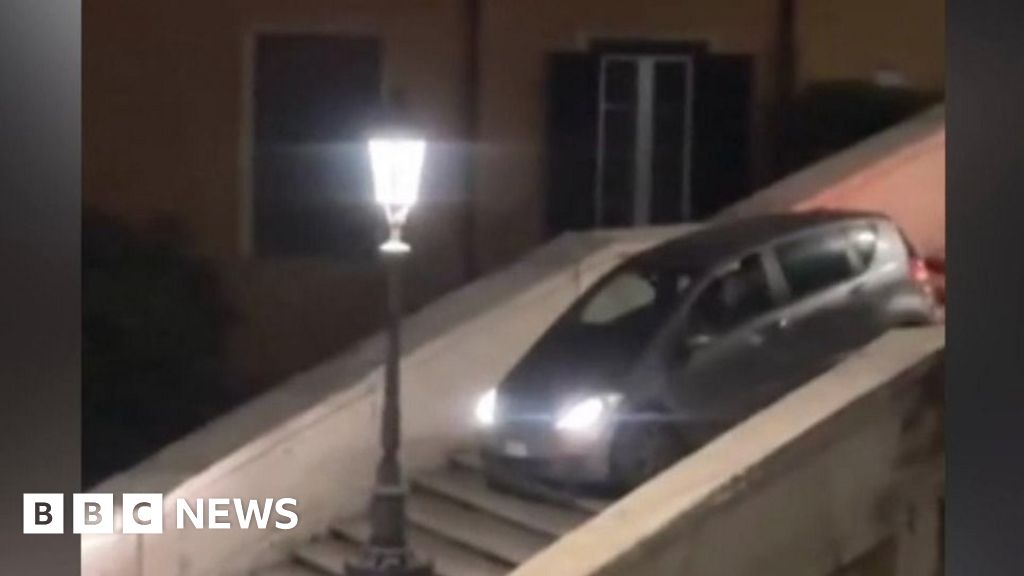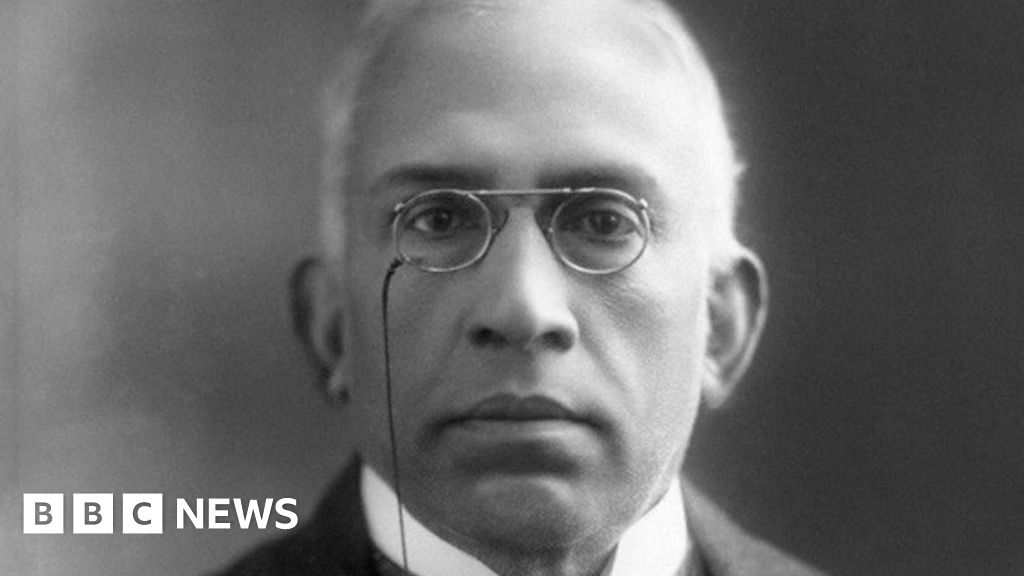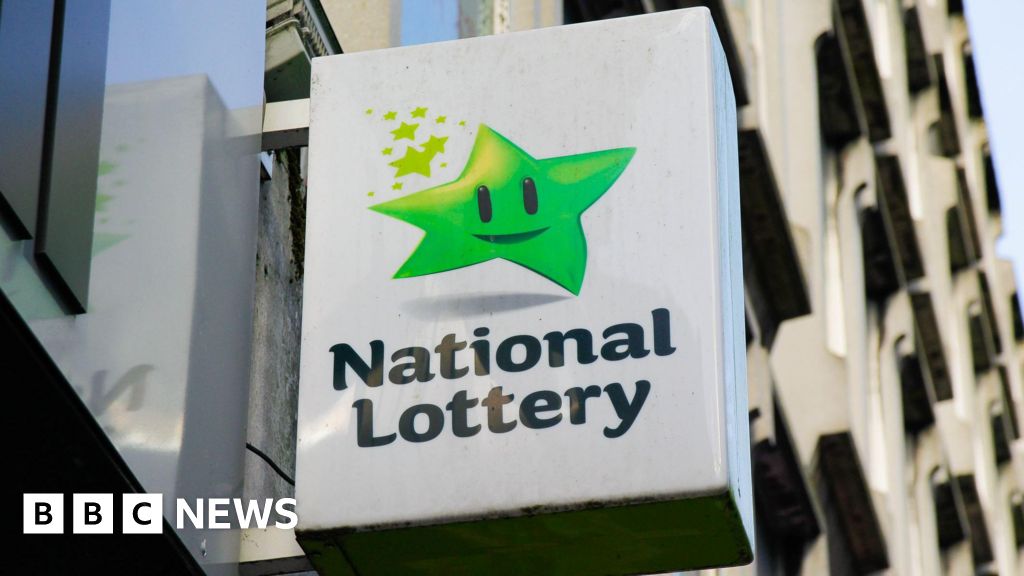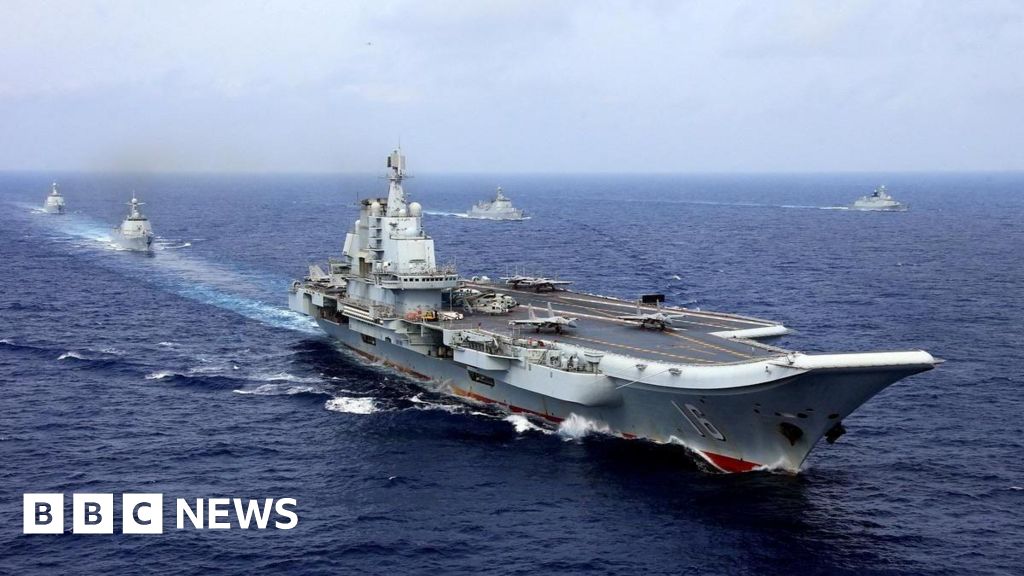Voters in Australia head to the polls on Saturday, the third major U.S. ally after Germany and Canada to hold elections in a global economic and political landscape upended by the second Trump administration.
The two men vying to lead Australia — Prime Minister Anthony Albanese, of the center-left Labor Party, and opposition leader Peter Dutton, of the conservative coalition — agree that the country finds itself in the most challenging environment in a generation. It is heavily dependent on the United States for its security, but derives much of its prosperity from trade with China, which is exerting its military ambitions closer and closer to Australia’s shores.
But most pressing for voters is a persistent cost-of-living crisis and worsening housing affordability that has further dampened the long-held optimism that Australia is a recession-proof country blessed with rich resources, high wages and stable, functioning government.
The most recent opinion polls have showed Mr. Albanese’s party headed for a second term with a majority of seats in the House of Representatives, a turnaround from earlier in the year, when the opposition was in the lead. Australia has a Westminister-style parliamentary system.
Here’s what to know about the election:
It’s the economy, mate
Mr. Dutton has gone to no fewer than 15 gas stations — The Guardian counted — on the campaign trail, playing up his party’s proposal to cut a tax to reduce payments at the pump. Mr. Albanese has again and again flashed his card for Medicare, Australia’s universal health care system, highlighting a promise to lower out-of-pocket costs.
As much as the global turmoil originating from Washington has dominated news cycles here in recent months, voters say their top concerns are bread-and-butter (bread-and-Vegemite, if you will) issues stretching average households. But both major parties have pledged only small-scale measures to alleviate economic pressures, rather than bold, ambitious ideas for the country’s direction.
During a lightning round in their final debate, the two candidates were asked for the price of a dozen eggs, which sell for more than 8 Australian dollars, or nearly $6. Mr. Dutton was way off, putting the price at about half that. Mr. Albanese was closer but still low, with his answer of 7 Australian dollars.
The price of eggs has jumped by 13.5 percent in the year leading up to March 2025, after rising 6.8 percent the preceding year. Another staple, Vegemite, has also become more expensive, though at a slower pace.
“It’s the hip pocket nerve. Under which government would you be better off?” said Shaun Ratcliff, a political scientist and pollster at Accent Research. Even though the economic dissatisfaction has dragged down Mr. Albanese’s approval ratings and should have helped the conservative opposition, “I don’t think they’ve convinced voters they would do much better,” he said.
Culture wars
A political low point for Mr. Albanese in his three-year term was the failure of a 2023 referendum to enshrine the rights of representation for Aboriginal Australians in Parliament. It was a major campaign pledge of his when he was elected the previous year. His Labor Party won control in 2022 after the center-right coalition had been in power for nine years.
Mr. Dutton, a former police officer from the state of Queensland, opposed the measure and continued to take a stance against other symbolic recognitions of Indigenous people. He has said he would not stand in front of Aboriginal and Torres Strait Islander flags and said giving acknowledgments of the first Australians at public events is “overdone.”
The opposition leader had adopted some buzzwords or policies that hearken to President Trump and his pet causes, including denouncing “wokeness” and diversity initiatives. That strategy seemed aimed at riding the worldwide rightward, anti-incumbent currents that dominated last year. But as the first months of the Trump presidency have played out, the association began to cut against Mr. Dutton.
“Right now, being seen to be Trumpian is, for the median voter, not a good thing,” said Ben Raue, an independent election analyst who runs the political tracking site Tally Room.
Shift from major parties
Australia is one of the few places in the world that has compulsory voting, with a fine for failure to turn up at the polls. That means politicians do not have the option of catering to narrow, extreme bases to turn out the vote, making its politics much more centrist.
But in recent elections, Australian voters have been moving away from the two major parties that have long been dominant, instead turning to independent candidates and minor parties. That trend also makes the prospect of a minority government more likely, which would force whichever party wins the most seats to negotiate with smaller parties.
Chris Wallace, a political historian at the University of Canberra, said the shift was a clear signal from the Australian public of dissatisfaction with the slate of proposals and candidates offered up by the two main players.
“The major parties are not listening to voter views desperate for deeper solutions to the deep problems of today, especially younger voters,” she said.
Source link
















